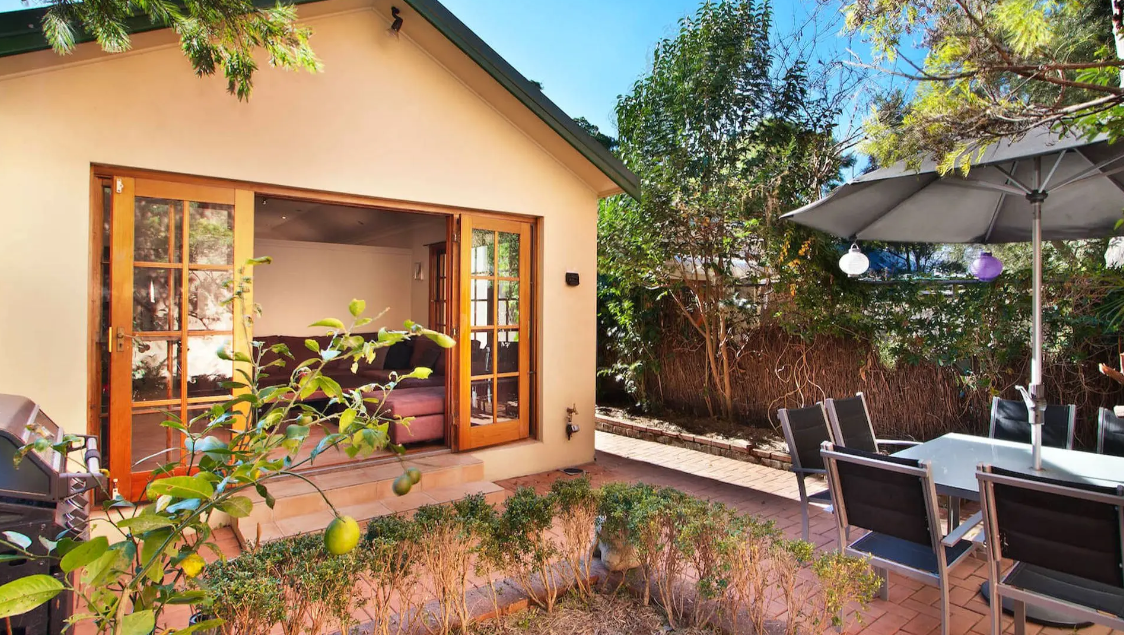In the pursuit of accommodating extended families or generating additional rental income, many homeowners are turning their attention to building a granny flat on the Gold Coast on their property. However, the process isn’t simply a matter of deciding on designs and breaking ground. There are various legal frameworks at play which must be understood and adhered to to ensure the project progresses smoothly, sans legal entanglements.
Understanding Local Zoning Laws
These regulations govern what can and cannot be built on a property, including stipulations on the size, placement, and sometimes the use of a granny flat. Typically, these laws intend to maintain neighbourhood aesthetics and ensure safety. Before drafting any plans, check with your local planning department to understand the specific requirements.
Building Codes and Compliance
These codes cover a range of construction aspects—from structural integrity, and electrical systems, to fire safety measures. Compliance with these codes is non-negotiable and usually overseen by government inspectors at various stages of the construction process. Ensuring your granny flat builders meet these standards is essential for the safety of its occupants and the legality of the construction.
Property Taxes and Insurance
This is because property rent and value assessments will likely consider the additional living space as an enhancement. Understanding how your taxation might change is important to avoid surprises. Additionally, your homeowners’ insurance policy may need to be reviewed and possibly altered to cover the flat, ensuring you are adequately protected against potential losses or liabilities.
Utilities and Services
The integration of utilities and services such as electricity, water, and sewerage to the flat also involves legal considerations. Some jurisdictions may require separate connections for these services, which could entail additional compliance and cost implications. Negotiating these requirements early on can save you from costly revisions or infrastructure upgrades down the line.
Occupancy Rules
Lastly, it’s imperative to know the legal constraints regarding who can occupy a flat. Some areas may have restrictions on rental versus family occupancy, lease terms, and the number of occupants. Understanding these rules will help you make informed decisions about the use of your flat and ensure compliance with local laws.
Conclusion
Building a granny flat on the Gold Coast involves navigating a complex landscape of legal requirements. Thorough research, meticulous planning, and possibly, consultation with a legal expert, are fundamental steps to guarantee that your flat project aligns with all relevant laws and regulations. Ignorance isn’t bliss in the world of construction; hence, a proactive approach to understanding these legal considerations is crucial for a successful and stress-free development.

